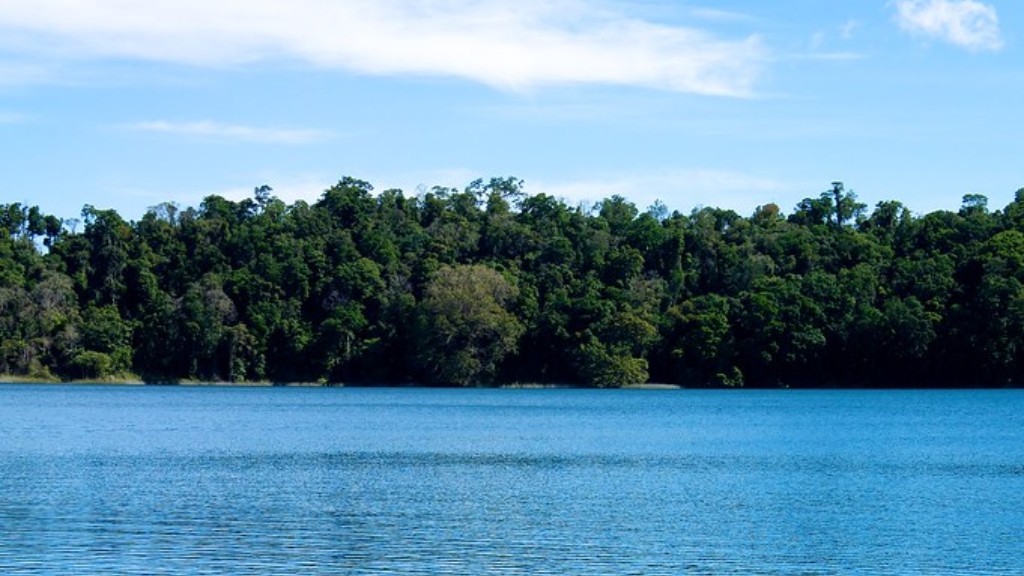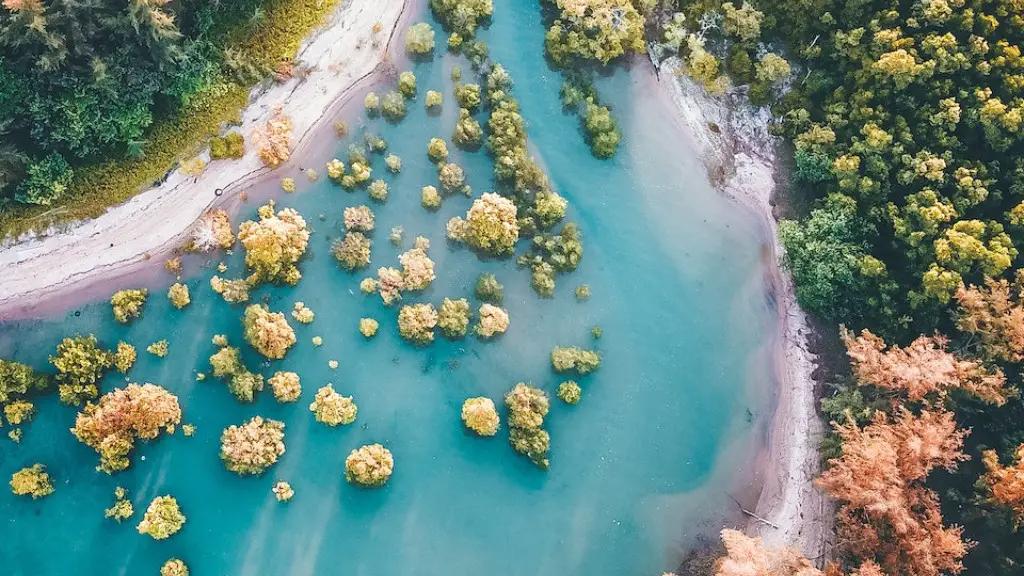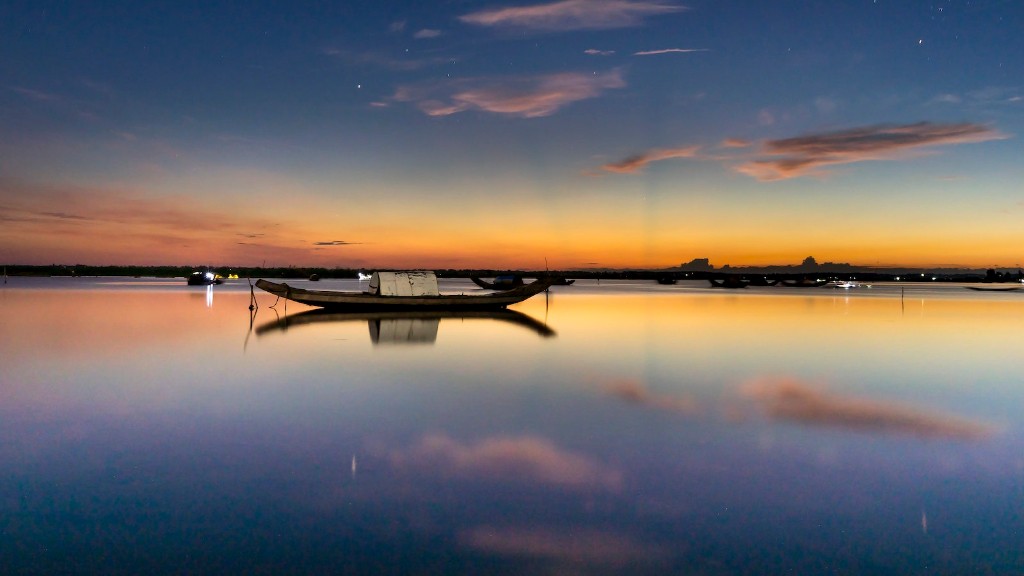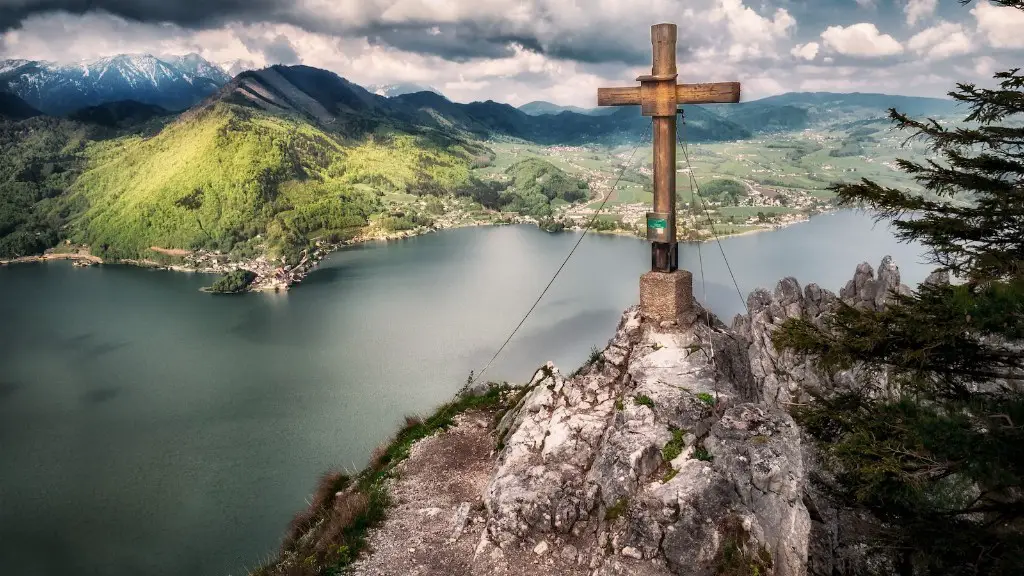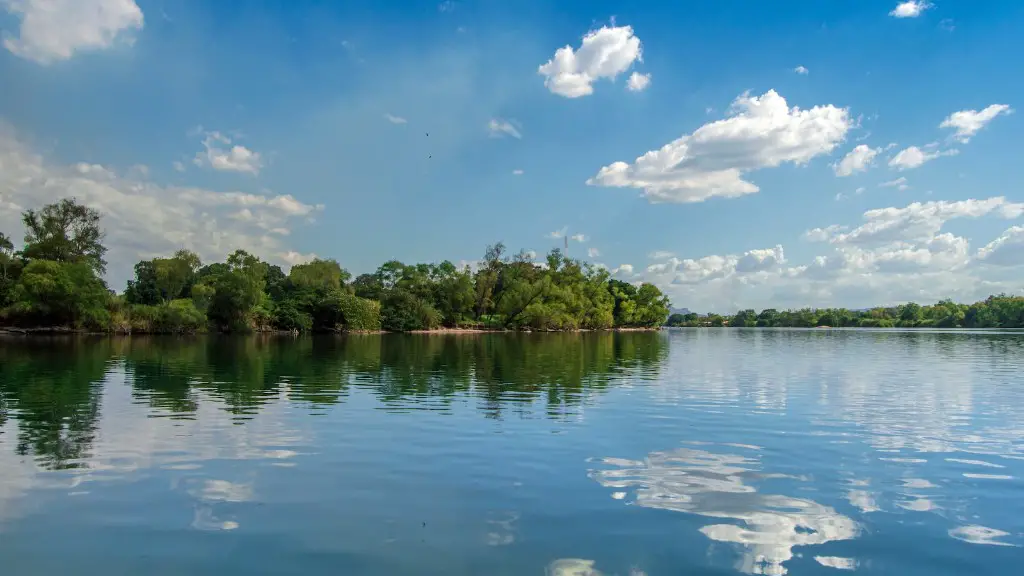Lake Malawi Cichlids, also known as mbuna, are unique species of fish commonly found in the freshwater lake of Malawi, Africa. It is though that there are over 1000 species of these fish living in the lake, with some of them being endemic to Lake Malawi, and this aspect makes the fish categorically special and popular in the aquarium hobby. These cichlids display a stunning array of colors, shapes, personalities, behaviors, and sizes, making them a popular choice for both beginner and more experienced fish keepers.
When it comes to caring for Lake Malawi Cichlids there are some key elements that need to be considered such as the water quality, tank size, and the food they are given. As the fish is an omnivore, they need to be exposed to a balanced diet that includes both plant and animal matter. Their diet should contain a mix of commercial fish food pellets, flakes, and frozen food such as bloodworms, brine shrimp, and daphnia which offer essential proteins for their growth and health. The fish food should also be supplemented with fish-friendly vegetables like spinach, cucumber, and courgette, that provide essential vitamins and minerals for a well-rounded diet.
One of the challenges associated with feeding Lake Malawi Cichlids is the way they can quickly over-eat. This is because their environment in the wild where they hunt for food requires that they eat plenty of food when they do find it; this is why it is important to make sure they are not over-fed. The ideal portion size of food per fish per meal should not exceed the size of their eyeball.
It is also important to plan the eating schedule of the cichlids, as this will help them to establish a routine which is beneficial for the long-term health of the fish. Some aquarists feed the fish twice a day, once in the morning and once in the evening, while other prefer to feed the fish only once a day with smaller portions and larger meals. A good way to ensure that each fish gets enough to eat is to vary the food you offer, in order to stimulate the fish’s interest and prevent boredom.
When it comes to vitamins and supplements, Lake Malawi Cichlids do not need extra supplementation as long as their diet consists of a good mix of the food mentioned earlier. However, if there is a deficiency in the fish’s diet, then vitamin supplementation can be beneficial. Supplements that contain Spirulina, Kelp, and other algae will provide essential nutrients in their diet.
In conclusion, when caring for Lake Malawi Cichlids it is important to consider the type of food they need. It is recommended to feed them a variety of foods, taking into account the portion size and frequency of meals to avoid over-feeding. By doing this, fish keepers can provide the food they need to stay healthy and give them a balanced diet.
Live Food Anytime
Many fish keepers prefer to feed Lake Malawi Cichlids live food, such as bloodworms, daphnia, brine shrimp, and other aquatic insects which are excellent sources of protein and provide essential nutrition for the fish. It can be challenging to find the right kind of quality live food but there are some vendors and online stores that will deliver quality live food, so you can order live food anytime.
When it comes to feeding live food, it is important to be aware of how much you are feeding the fish. The fish should be fed only what they can eat within two minutes, too much live food can reside in the tank and become anaerobic, causing problems with the water quality. To avoid this, it is best to stick to the same rule and feeding routine for the cichlids.
Live food can be a great food source for Lake Malawi Cichlids, but it should not be the main source of their diet since it will not provide the essential vitamins and minerals their bodies need. Live food should be used as a supplement and in moderation, as too much live food can pollute the water and cause an imbalance in the tank.
In terms of safety, it is important to remember that since live food can carry parasites and fungi, it is important to only use food from reliable vendors. When feeding the cichlids live food, it is best to introduce small amounts at a time and to discard any uneaten food after each feeding.
Frozen Food Alternative
Frozen food is a great alternative to live food, as it is conveniently prepared, economical and can offer many benefits to Lake Malawi Cichlids. It should be used as a supplement to a balanced diet which should consist of a mix of commercial pellets, flakes, and live food.
Frozen foods are a great way to supply your cichlids with the essential proteins, vitamins and minerals they need. Frozen foods such as bloodworms, daphnia, brine shrimp, and even frozen vegetables like spinach, and courgette provide essential nutrients for their diet. It is also a great way to provide variety in the cichlids’ diet which may help to reduce boredom.
The downside of frozen food is that it can freeze hard, reducing the nutrient content and making it difficult for the fish to digest. Therefore it is important to choose a high-quality frozen food that contains higher levels of nutrition, and to use it in moderation. Also, once the food has been thawed, it should be discarded after each use to prevent bacteria from growing.
Another important aspect to consider is that most frozen foods are high in protein and low in fiber. Therefore it is important to provide a balanced diet that includes a mix of other food sources to fulfill their nutritional needs.
Know Your Fish
When deciding what type of food to feed Lake Malawi Cichlids it is important to consider the different behaviors, personalities, and needs of the fish. Knowing their individual needs is key to providing them with the food that satisfies their needs. Some of the fish may require more animal-based food sources, while others may require more vegetable-based sources. As the diet of each fish is different it is essential to customize the diet to suit their needs.
Additionally, when feeding the fish it is, important to observe their behavior when adding food to the tank. The cichlids may act aggressively toward each other, competing for food, or become more timid and hide in the substrate when there is too much food. This will help to create an ideal environment for the fish and it can also help to identify any potential health issues.
Feeding Lake Malawi Cichlids can be a challenging but rewarding experience, and by knowing what the fish needs and how they will react to certain foods you will be able to provide them with the best diet possible.
Nutritional Balance
To keep Lake Malawi Cichlids in optimal health it is important to provide a diet that contains all the essential vitamins and minerals. This means providing a balanced diet that includes food sources that cover all the major food groups, such as proteins, vitamins, minerals, and carbohydrates.
When choosing food for your cichlids, it is important to look for food that contains high levels of protein, vitamins and minerals such as vitamin C, calcium, and omega-3 fatty acids. Also the food should contain a balanced mix of plant and animal-based protein sources to provide a well-rounded diet.
Foods that contain spirulina, and other algae are great choices as they provide the essential vitamins and minerals that help to promote the growth and health of cichlids. Additionally, vegetables such as spinach, cucumber, and courgette are an excellent source of vitamins and minerals, and can also help to supplement a more animal-based diet.
It is important to remember that too much of any one food can be detrimental to the fish. Therefore it is best to mix up the foods and provide a balanced diet that covers all the major food groups to ensure the cichlids stay healthy and active.
Pumping Up Protein
Lake Malawi Cichlids are known for their lively personalities and need to be fed a diet that will give them plenty of energy to go about their business. In order to achieve this, it is important to provide the fish with a diet that contains a high level of protein, in order to energize the fish and facilitate growth.
Protein is vital for the growth and health of fish and it should come from both plant and animal sources. A great way to make sure the cichlids get enough proteins is to feed them a diet that includes commercial fish food pellets, flakes, and frozen foods such as bloodworms and brine shrimp which are excellent sources of animal-based proteins.
Foods that contain spirulina and other algae are also good sources of protein, as well as good sources of essential vitamins and minerals that help to promote the health of cichlids. Moreover, squid, silversides, and shrimp can also be a great source of protein for the fish.
It is important to remember that too much of any one food can be detrimental to the fish, therefore it is best to mix up the foods and provide a balanced diet that covers all the major food groups to ensure the cichlids stay healthy and active.
Mix it Up
As Lake Malawi Cichlids are omnivorous, they will benefit from being fed a variety of foods. This means providing a balanced diet that includes both plant and animal sources in the form of a mix of commercial pellets, flakes, and live or frozen food.
When it comes to providing variety in the diet, it is a good idea to rotate between different food and to feed different foods on different days to give the fish variety and reduce boredom. For example, some days you can provide commercial pellets and flakes, while other days you can feed them live or frozen foods.
It is important to remember that the fish should be fed only what they can eat within two minutes, too much food can reside in the tank and become anaerobic, causing problems with the water quality.
By introducing a range of food sources, fish keepers can ensure the cichlids get all the essential vitamins and minerals, as well as lots of proteins for growth and health. As a result, the fish will stay healthy and active and thrive in their home aquarium.
